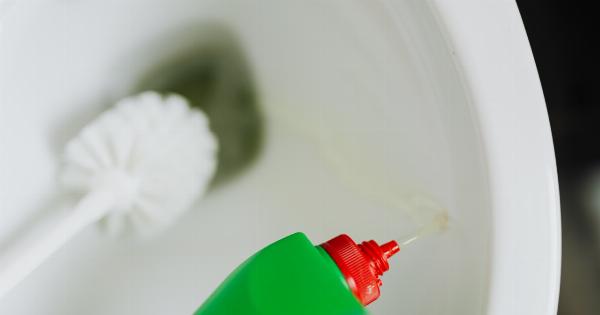The use of pesticides is a common practice in agriculture and other industries to protect crops and prevent pest infestations.
However, recent studies have shown that exposure to pesticides can have damaging effects on human health, including an increased risk of developing diabetes.
What Are Pesticides?
Pesticides are chemicals used to kill or deter pests such as insects, rodents, and fungi. They can be applied to crops, lawns, and gardens, and are also used in public spaces such as parks and schools.
There are many different types of pesticides, including insecticides, herbicides, and fungicides, among others.
How Do Pesticides Affect the Body?
Exposure to pesticides can occur through inhalation, ingestion, or contact with the skin. When pesticides are absorbed into the body, they can have several negative effects on human health.
These effects may include cancer, reproductive or developmental problems, neurological damage, and an increased risk of diabetes.
Increased Risk of Diabetes
Several studies have shown a link between exposure to pesticides and an increased risk of developing diabetes.
One study found that people with high levels of certain types of pesticides in their blood were more likely to develop diabetes than those with lower levels of exposure.
Pesticides can affect the body’s ability to produce insulin, which is necessary for maintaining healthy blood sugar levels.
Exposure to pesticides can also cause inflammation and damage to the cells that produce insulin, further increasing the risk of developing diabetes.
Who is Most at Risk?
Individuals who work in agriculture or other industries that involve the use of pesticides are at a higher risk of exposure to these chemicals.
However, even individuals who do not work with pesticides can be exposed through the food they eat, the water they drink, and the air they breathe.
Children and pregnant women are also at a higher risk of exposure to pesticides, as their bodies are more vulnerable to the harmful effects of these chemicals.
Reducing Exposure to Pesticides
Reducing exposure to pesticides can be challenging, as these chemicals are found in many everyday products, including food, water, and household items. However, there are several steps that individuals can take to reduce their risk of exposure:.
- Choose organic or locally-grown produce, as these are less likely to have been treated with pesticides
- Wash fruits and vegetables thoroughly before eating them
- Use natural pest control methods, such as planting pest-resistant crops or using beneficial insects to control pests
- Avoid using pesticides in your home and garden
- Drink filtered water to reduce exposure to pesticides in tap water
Conclusion
Exposure to pesticides can have serious negative effects on human health, including an increased risk of developing diabetes.
While reducing exposure to these chemicals can be challenging, taking steps to choose organic produce, use natural pest control methods, and avoid pesticides in the home and garden can help to reduce the risk of exposure and protect your health.




























